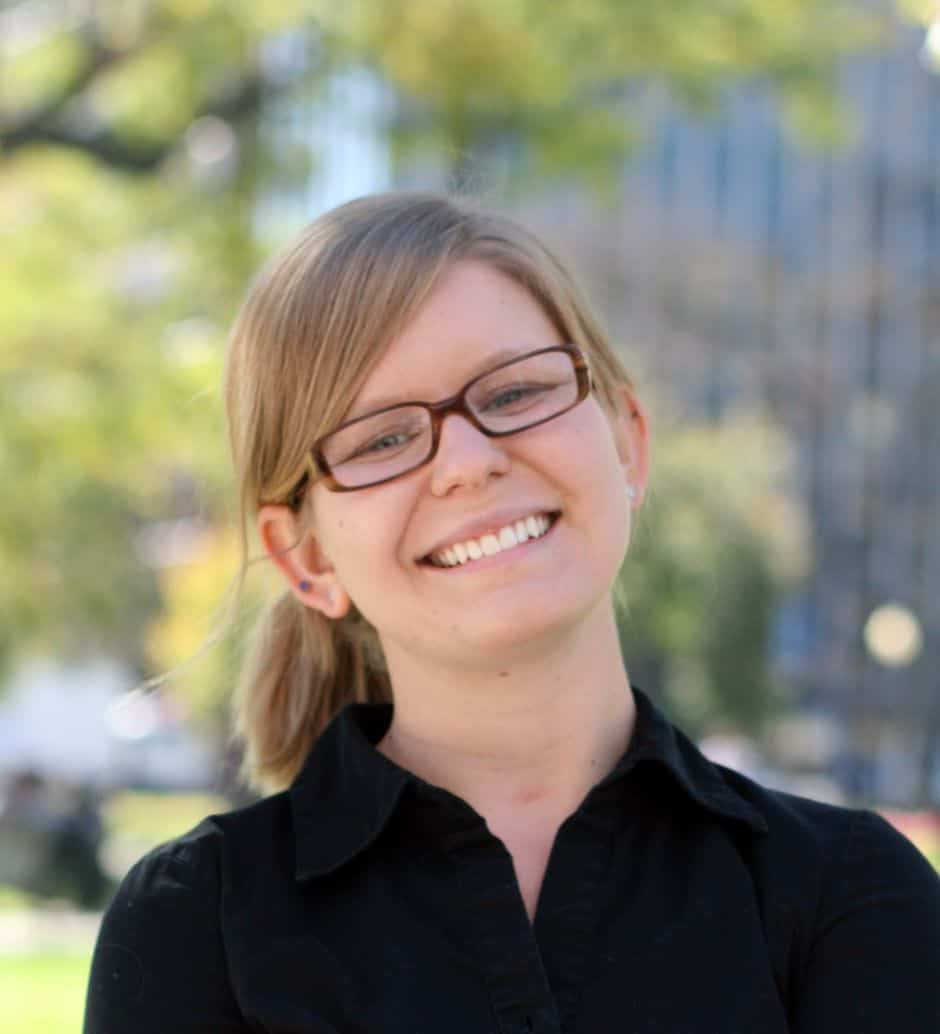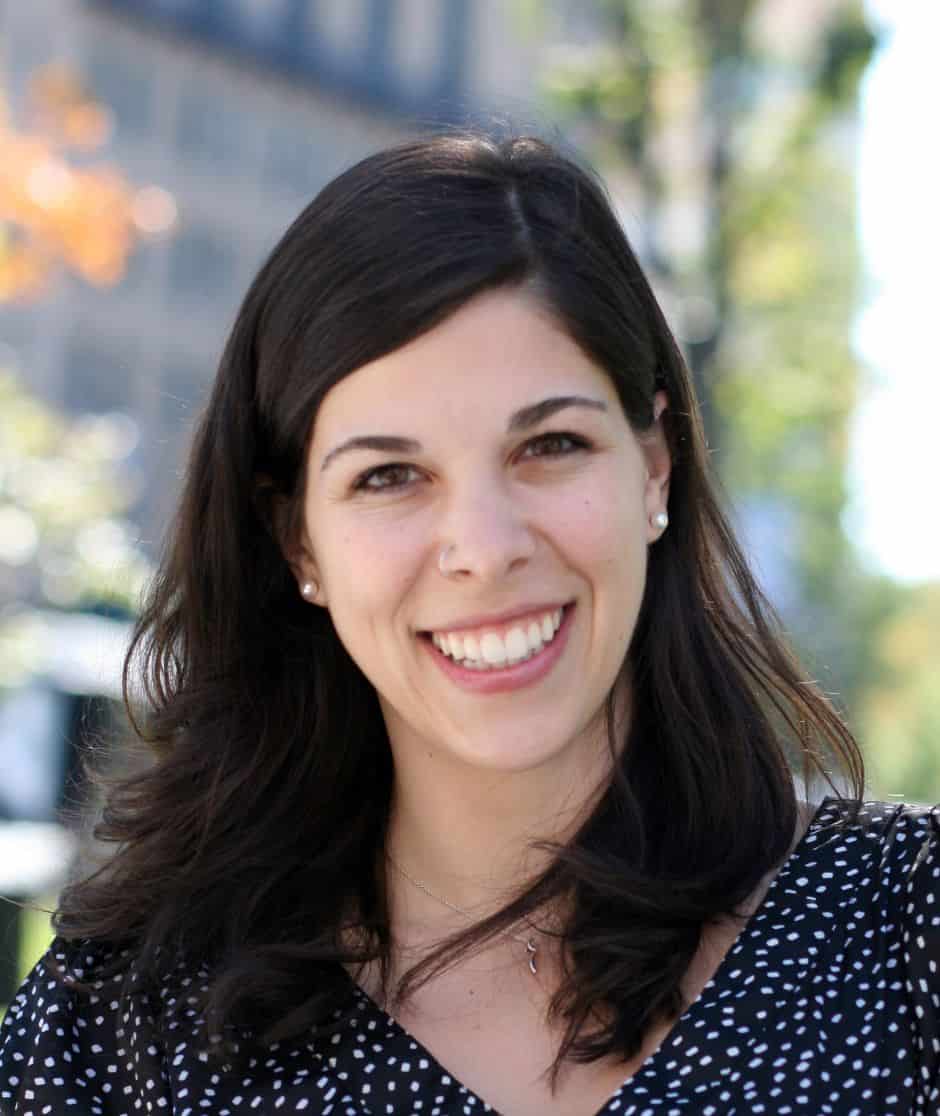Introduction

Last summer, hedge fund pioneer Julian Robertson made the maximum $2,500 contribution to Mitt Romney’s campaign for the Republican presidential nomination. With a net worth somewhere north of $2 billion, it seemed as though he could do a lot more.
Thanks to the Supreme Court’s Citizens United decision, he did.
Robertson gave $1.25 million to Restore Our Future, a super PAC that has underwritten a relentless advertising campaign ripping Romney’s opponents. That’s 500 times the contribution he made in June.
Robertson is not alone. Of the $43.2 million raised by the attack PAC, $20.5 million, or 48 percent, came from finance industry donors, according to an analysis of Federal Election Commission data by the Center for Public Integrity.
At least $13.5 million came from private equity firms ($7 million) and hedge funds ($6.5 million) while most of the rest came from investment banks and other asset managers. So-called “non-bank lenders” that run storefront cash-for-title and payday lending operations gave the super PAC $437,500, according to the analysis.
Restore Our Future is by far the best-funded of the super PACs backing presidential candidates in the 2012 election. The super PAC closed out the month of February with $10.5 million cash on hand, more than Romney’s campaign, according to FEC records.
Romney, a former private equity executive, wants to repeal the Dodd-Frank Wall Street Reform and Consumer Protection Act and has said he is opposed to doing away with a tax loophole that has helped make private equity and hedge fund managers enormously wealthy over the years.
The finance industry’s total percentage of contributions would be greater were it not for homebuilder and long-time Republican donor Bob Perry, who gave $3 million to the super PAC in February, bringing his total contributions to $4 million.
Romney has battled the perception that he is out of touch with working-class Americans. The list of donors to his super PAC isn’t going to help much; the average contribution was a little more than $83,000.
High court changes the game
The 2010 Citizens United Supreme Court decision led to the creation of super PACs, which can accept unlimited donations from corporations, labor unions and wealthy individuals and use the funds to pay for advertising and other campaign expenses, as long as they do not coordinate with candidates.
Hedge funds are private, largely unregulated investment pools that are typically overseen by a single manager and usually available only to high-value investors, like wealthy individuals, private banks, pensions, corporate treasuries and endowments. Private equity companies are more hands-on but are also mostly unregulated and attract the same type of investor.
The firms and their trade associations share Romney’s view that Dodd-Frank should be repealed. Investment managers also want to make sure “carried interest,” which accounts for much of their income, as well as Romney’s, continues to be taxed at the modest capital-gains rate of 15 percent.
Romney opposed changes in taxation of carried interest when he ran in 2007, although his current position is less clear.
Romney is the top choice of the securities and investment industry. His campaign has received $6.8 million with President Barack Obama a distant second at $2.3 million, according to the Center for Responsive Politics. The pro-Obama super PAC, Priorities USA Action, has collected $175,000 from the industry.
Wall Street investment bank Goldman Sachs’ employees have given $670,000 to the super PAC. According to the Center for Responsive Politics, Goldman employees have given more than $535,000 to the Romney campaign itself — the largest amount contributed by employees from any one company.
Neither the Romney campaign nor Restore Our Future responded to requests for comment for this story.
Top donors
Robertson is the founder of the now-defunct Tiger Management Corp. Now retired, he invests directly in other hedge funds, and has a network of “Tiger cubs” — hedge fund managers he mentored while they cut their teeth at Tiger Management.
He is a generous philanthropist, pledging more than half his wealth in line with Bill Gates’ and Warren Buffett’s Giving Pledge, a charitable effort focused on earning the support of billionaires. He also funds more than 30 full scholarships for students at Duke University and the University of North Carolina at Chapel Hill, his alma mater.
Of more than $3 million in federal contributions Robertson has given since 1996, $2.9 million have gone to Republicans and Republican committees. Robertson could not be reached for comment for this article.
Among other seven-figure donors is Edward Conard, who originally made his $1 million donation under the name “W Spann LLC.” Conard is a former managing director of Bain Capital — the private equity company co-founded by Romney.
Current and former executives at Bain Capital and their families gave at least $3.1 million to Restore Our Future, including two households that contributed $1 million or more.
Conard came forward after numerous media outlets raised questions about the legitimacy of W Spann LLC. Conard could not be reached for comment.
Paul Singer, another $1 million donor, is the founder of Elliott Management, a hedge fund with $19 billion under management. Singer, whose net worth is estimated at $1 billion, made some of his fortune by purchasing debts owed by countries including Peru and the Republic of the Congo and suing them for payment.
Singer is a fiscal conservative and an outspoken critic of the Federal Reserve. But he’s not afraid to disagree with the Republican Party’s social conservatives. He also supports gay rights and was a key backer of the campaign to legalize gay marriage in New York.
A spokesman for Elliott Management who was familiar with Singer’s giving would not comment on the donation.
John Paulson was an early million-dollar donor. He is founder of Paulson & Co., a hedge fund with $22 billion under management. He made $15 billion during the recession by short-selling subprime mortgages, according to multiple news reports. He also could not be reached for comment.
Robert Mercer, another $1 million donor, is president and CEO of Renaissance Technologies, a Manhattan-based hedge fund. Mercer, an NRA member and Long Island resident, earned $125 million in 2011, ranking him 16th among hedge fund managers, according to Forbes. He is a frequent contributor to Republican candidates and causes, notably donating more than $640,000 to Concerned Taxpayers of America.
Though he primarily donates to Republican candidates, including Rep. John Boehner, R-Ohio, and Sen. Pat Toomey, R-Pa., he has also given to Sen. Chuck Schumer, D-N.Y., and former Sen. Chris Dodd, D-Conn., among others. Mercer could not be reached for comment.
Legislative priorities
The Dodd-Frank financial reform act requires investment advisers who manage assets worth more than $150 million to register with the SEC. The firms must provide basic information about their organizational structure, individuals who fill key roles, the types of clients they advise and any conflicts of interest. With registration also comes the possibility of surprise inspections by the SEC.
Investment managers oppose portions of Dodd-Frank because it endangers their business model, said Lynn Stout, a corporate law professor at Cornell University. “Many people have doubts as to whether this sector of the economy is really socially beneficial,” she said.
But the issue nearest to the heart and wallets of Romney’s former colleagues is undoubtedly carried interest.
Hedge fund and private equity managers don’t make money like most working people. They live off the profits generated from investments they manage. Those are considered “capital gains” and are taxed at a maximum rate of 15 percent. If that income were taxed the same as earnings, the rate could be as high as 35 percent.
The relatively obscure issue became big news when Mitt Romney, a beneficiary of the carried interest rule, released his tax returns, which showed he paid about a 14 percent tax rate for 2010 and 2011.
President Barack Obama’s new corporate tax plan, unveiled Feb. 23, would treat carried interest as earned income. There are also proposals in both houses of Congress from brothers Sen. Carl Levin, D-Mich., and Rep. Sander Levin, D-Mich., to do the same.
Private equity groups, including Bain, and hedge funds, have lobbied to keep this change from happening. In 2011, the Managed Funds Association spent $4 million on lobbying, the Private Equity Growth Capital Council spent $2.2 million and the National Venture Capital Association spent $2.5 million.
Private Equity Growth Capital Council president Douglas Lowenstein described the proposed change in status as a “punitive 157 percent tax hike [that] will hurt those companies that are most desperately in need of capital to sustain or create jobs and drive growth.”
Payday lenders for Romney?
Restore Our Future has also benefited from non-bank lenders that make payday loans, title loans and operate check cashing services. Dodd-Frank imposes federal regulatory oversight of these lenders.
“The payday lenders are under the full power of the CFPB (Consumer Financial Protection Bureau), just as are the big banks,” said Ed Mierzwinski, consumer program director at U.S. PIRG. “And it’s a very important power, so the payday lenders do not like the CFPB.”
Rod Aycox, of Loan Max, and his title loan company Select Management Resources gave $200,000 to the super PAC. His company makes title loans, in which the borrower turns over his car title as collateral and receives a loan at a very high interest rate, usually based on the value of the car.
Las Vegas-based REBS Inc. donated $25,000 to Restore Our Future, listing an address in a shopping center in Las Vegas. State documents show REBS’ president is James Marchesi, the founder and president of Check City, a chain of payday lenders, one of which has the same address as REBS in the Las Vegas shopping center.
Marchesi is also on the board of the Financial Service Centers of America (FiSCA), the national trade association for non-bank entities that provide financial services like payday loans, money transfers and check cashing. He could not be reached for comment.
Jones Management Services, run by Allan Jones, gave $35,000. He is also CEO of one of the country’s largest payday lenders, Check into Cash Inc.
Payday loans, also known as payday advances, are short-term loans secured against the borrower’s next paycheck. These loans often trap borrowers in a cycle of borrowing and high interest, which averages around 400 percent, according to the Center for Responsible Lending.
Other payday lenders that gave money to Restore Our Future are Community Choice Financial, ($30,000), QC Holdings ($25,000), Amscot Corp. ($10,000) and Express Financial Services ($2,500).
Another donor, RTTTA LLC, gave $75,000 and is linked to J. Todd Rawle. Rawle’s company Softwise makes software for these lenders. Katsam LLC (spelled “Katsum” in filings), is linked to payday lender Moneytree founders Dennis and David Bassford and gave $35,000. The Bassfords could not be reached for comment.
FiSCA opposes further regulation of financial service centers on the grounds that it “could significantly reduce, if not eliminate altogether, Americans’ access to small dollar credit and other financial products,” according to its guide to the Dodd-Frank financial reform act.
Donors to Restore Our Future may be hoping for special treatment from a Romney presidency. But given that the candidate is largely with them on the issues already, that might not be the case — they may just want him to win.
“They view him as far and away the candidate that’s most likely to be sympathetic to be preserving business as usual in the financial sector,” Stout, the Cornell professor, said. “They’ve been making a ton of profit and they don’t want anyone to stop the party.”
John Dunbar contributed to this report.


Join the conversation
Show Comments